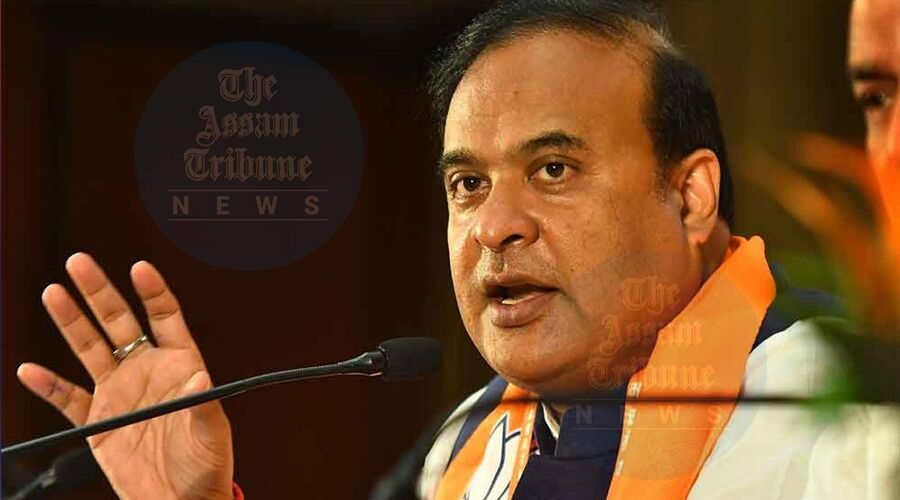
Guwahati, Oct. 6: Chief Minister Dr. Himanta Biswa Sarma, on Sunday, said that Assam is at the bottom-most spot among states regarding borrowing from the Centre.
“Assam occupies the lowest position among the states in the country concerning debt from financial assistance. The Opposition raises baseless issues because they have no valid arguments to corner the government,” the Chief Minister said on the sidelines of the Nijut Moina Scheme launch in Khanapara.
Echoing the Chief Minister, Cabinet Minister Pijush Hazarika also responded to the Opposition, asserting that Assam is experiencing an “industrial revolution” and that the state’s financial standing is “favourable.”
“The Reserve Bank of India (RBI) has clear policies for state loans, determining amounts based on economic conditions. Assam has significant borrowing capabilities, reflecting an improving financial situation,” Hazarika said, citing RBI guidelines, on social media.
The government’s reaction came in response to allegations from the Congress that the government is facing an “unimaginable financial crisis.”
“Truth be told, the financial condition of the Assam government is very concerning. The state government is facing an unimaginable financial crisis,” state Congress chief Bhupen Bora said in Bongaigaon on October 4.
Detailing the allegations, the Assam Pradesh Congress Committee (APCC) stated that “in the past 22 days, from September 17 to October 8, the Himanta Biswa Sarma-led Assam government has borrowed ₹2,250 crores.”
“From 1947 to 2016, the state government had a debt of ₹41,964 crore. The Sarbananda Sonowal-led state government borrowed ₹66,000 crore. In the previous three years, Sarma’s government borrowed ₹47,000 crore. Currently, the total debt facing Assam is ₹1,54,984 crore,” Bora alleged.
He further added that on October 8, the government would take another loan of ₹750 crores. Congress leader Mira Borthakur expressed her concerns on social media, stating that the government lacks an economic roadmap.
“The government is taking loans without considering the capacity of the people to repay them. Ultimately, it is the citizens who will face heavy taxes to repay these debts. They are employing various means to extract money, such as smart meters, toll taxes, and fines for not wearing helmets,” she added.